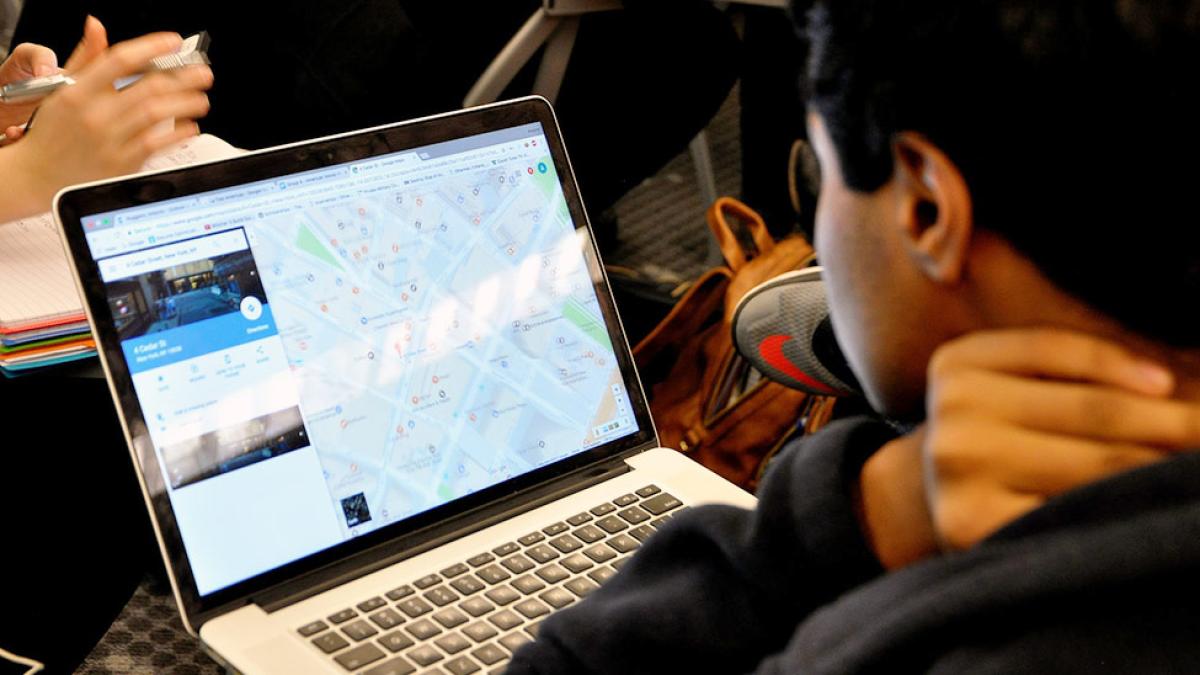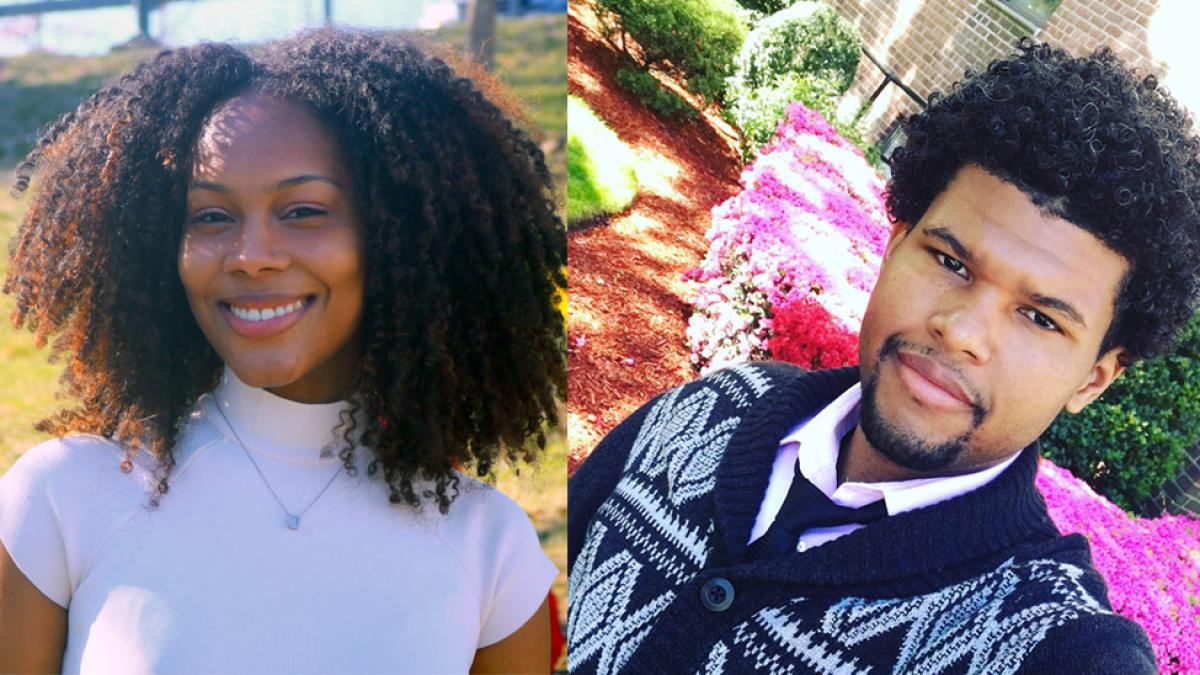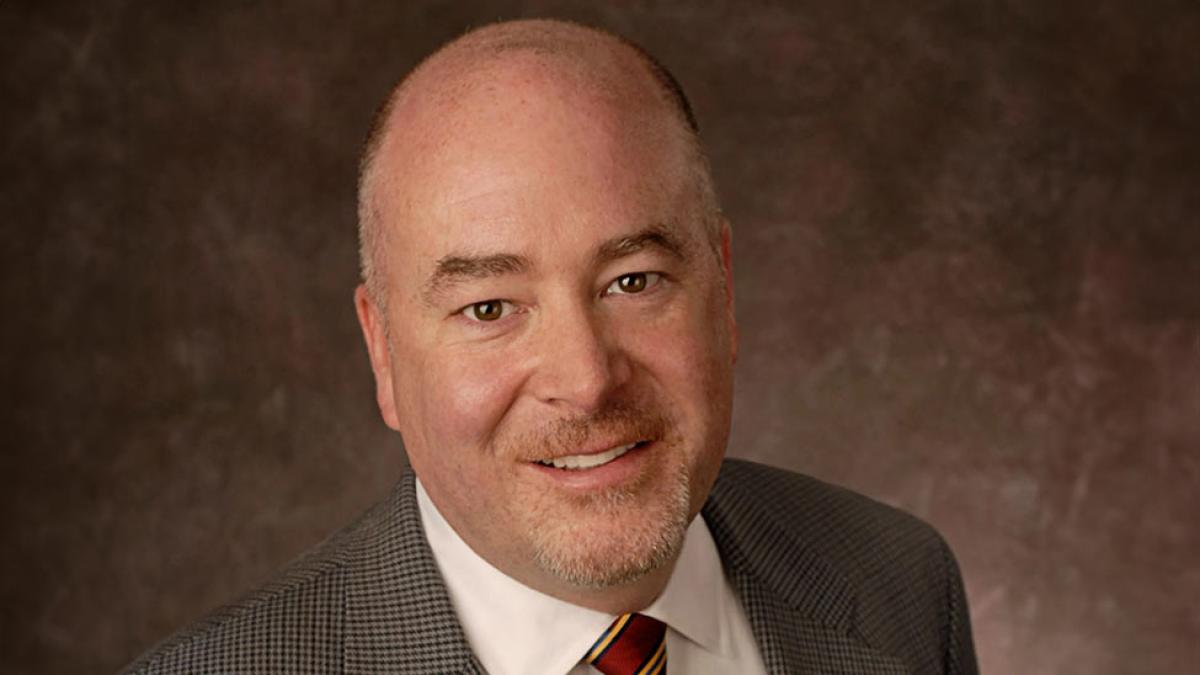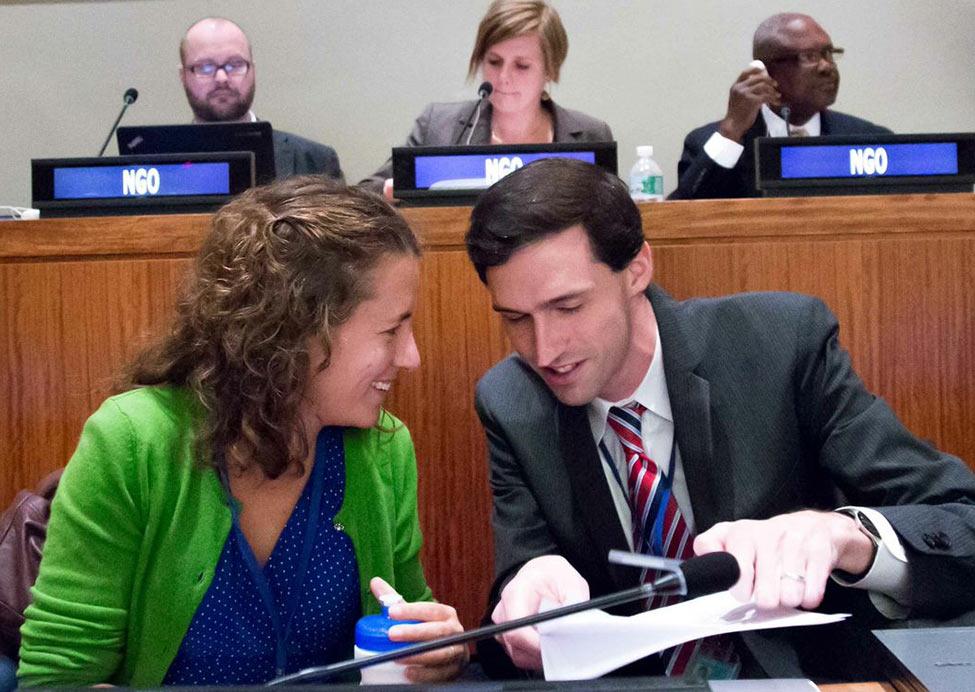
A Race to Disarm: Professors Matthew Bolton and Emily Welty, Along with Pace Students, Advocate for Nuclear Disarmament

In November 2023, Dyson faculty Emily Welty, PhD, and Matthew Bolton, PhD, joined faith leaders from the World Council of Churches (WCC) on a human rights accompaniment trip to the Republic of the Marshall Islands, highlighting the ongoing impact of US nuclear testing.
The US government detonated 67 atmospheric nuclear tests in the Pacific country in the 1940s and 1950s, equivalent in power to more than 5,400 Nagasaki bombs. Welty and Bolton, a married couple who serve as co-directors of Dyson’s International Disarmament Institute, listened to affected communities, including college students, artists, government officials and healthcare professionals.
They learned that catastrophic humanitarian, human rights, and environmental legacies persist today in the Marshall Islands, including health problems, displacement, cultural trauma, and environmental contamination.
“The effects of nuclear violence in the Marshall Islands are a racial and climate justice issue,” said Welty, who directs the Peace and Justice Studies program in Dyson College. “Exposure to ionizing radiation raises the risk of cancer and yet there is no oncology unit in the Marshall Islands.” Radioactive material – including from the Nevada Test Site – stored at Runit Dome, Enewetak Atoll, is also at risk from the rising seas caused by global climate change.
Upon their return to the US, Bolton and Welty brought their experiences directly to Pace students, in their respective classes, Global Politics of Disarmament and Arms Control, and Reconciliation and Transitional Justice, illustrating the real-life consequences of subjects on the syllabus.
Students’ Experiential Learning at the UN
Welty and Bolton have also advocated in diplomatic spaces, such as at the United Nations headquarters here in New York City, calling on governments to join the 2017 Treaty on the Prohibition of Nuclear Weapons and assist communities affected by nuclear weapons production, use, and testing.
“We don't have to just accept passively the way things are,” said Bolton, Professor of Political Science. “With nuclear weapons, we can stop treating them as normal. There is a human story at the center, and we must share the experiences and voices of those who have been most affected.”
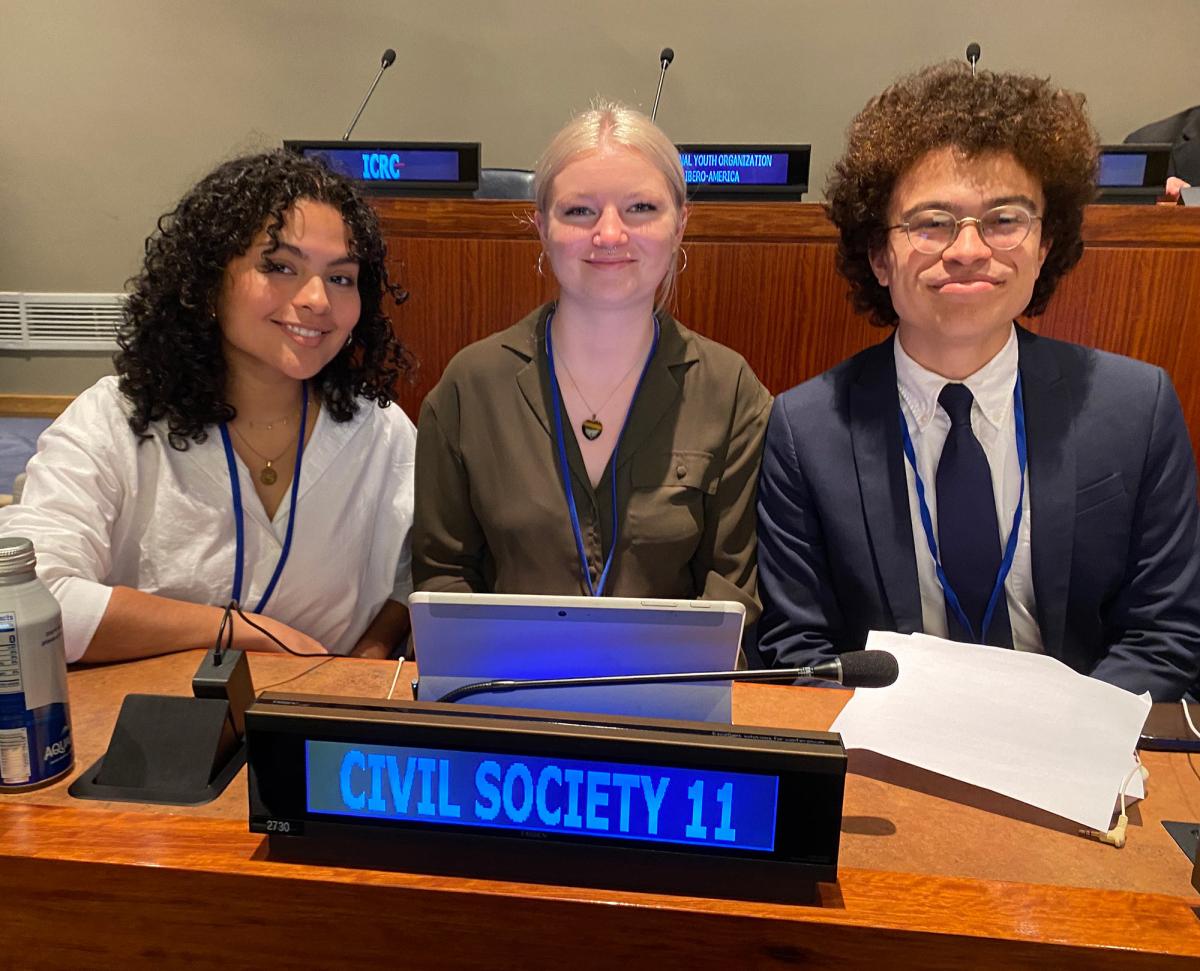
Welty and Bolton welcome the many students who express interest in such work. In October 2023, and as part of Bolton’s Global Politics of Disarmament and Arms Control course, Ellis Clay ‘25, Antje Hipkins ’24, and Jasmine Cintrón Soto ‘25, double majors in Peace and Justice Studies and Political Science, delivered statements to the UN General Assembly First Committee.
This experience was connected to an immersive internship, advised by Welty, in nuclear disarmament that featured direct engagement by the aforementioned students with multiple civil society organizations. These include the International Campaign to Abolish Nuclear Weapons, Reaching Critical Will, Youth for the Treaty on the Prohibition on Nuclear Weapons, and the New York Campaign to Abolish Nuclear Weapons.
The students called for greater participation of youth in international disarmament forums, consideration of the gendered implications of disarmament, and reserving cyberspace for peaceful purposes rather than war. The efforts of Clay, Cintrón Soto, and Hipkins were immediately recognized by the UN on social media.
The Pace International Disarmament Institute
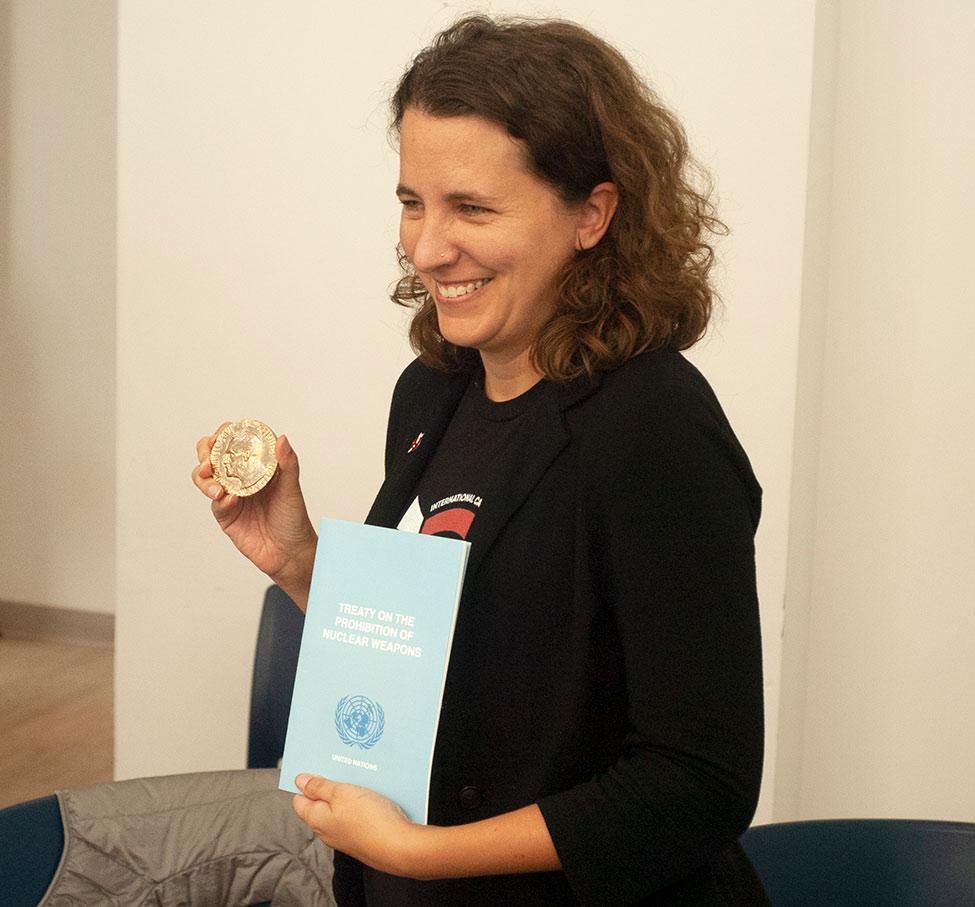
In 2017, Welty and Bolton were part of the International Campaign to Abolish Nuclear Weapons (ICAN) team awarded the Nobel Peace Prize for their “work to draw attention to the catastrophic humanitarian consequences of any use of nuclear weapons” and “ground-breaking efforts to achieve a treaty-based prohibition on such weapons.”
Since joining Pace six years earlier, they had been working with advocacy efforts seeking to restrict and mitigate the damage caused by inhumane weapons, including landmines, cluster munitions, military robotics, and the arms trade. Welty was serving as vice moderator of the WCC Commission on International Affairs and chairing its nuclear disarmament working group. In 2016, Bolton had received a grant from the United Nations to assist and train East African government officials on implementation of the 2013 Arms Trade Treaty.
With support from Dyson College, Bolton and Welty founded the International Disarmament Institute to give a framework for their work, and, just as importantly, to involve Pace students.
Since its creation, it is fast becoming a space of world-class education and research, playing a key role in support of disarmament policymaking, from humanitarian, human rights and environmental perspectives, with Pace’s contributions to promoting youth involvement in disarmament forums even being featured in a report by the UN Secretary-General.
A Local Perspective
Although the subject of nuclear weapons has recently occupied more space in the collective consciousness through the release of the film Oppenheimer (2023), the extent and potential impact of New York City’s association with it is still not fully nor widely understood.
The namesake Manhattan Project, a research and development undertaking during the Second World War that produced the first nuclear weapons, was initially headquartered in New York City. By the time of the Cold War, as many as 200 nuclear warheads were stationed in various sites in and around the five boroughs. In subsequent decades, New York City became a center of growing political and grassroots leadership on disarmament, as well as some of the largest marches, particularly in the 1980s, in US history calling for an end to the nuclear arms race.
As a result, nuclear weapons have been removed from the city. However, there are former nuclear weapons development sites that are still undergoing remediation, posing a risk to the often marginalized communities living nearby.
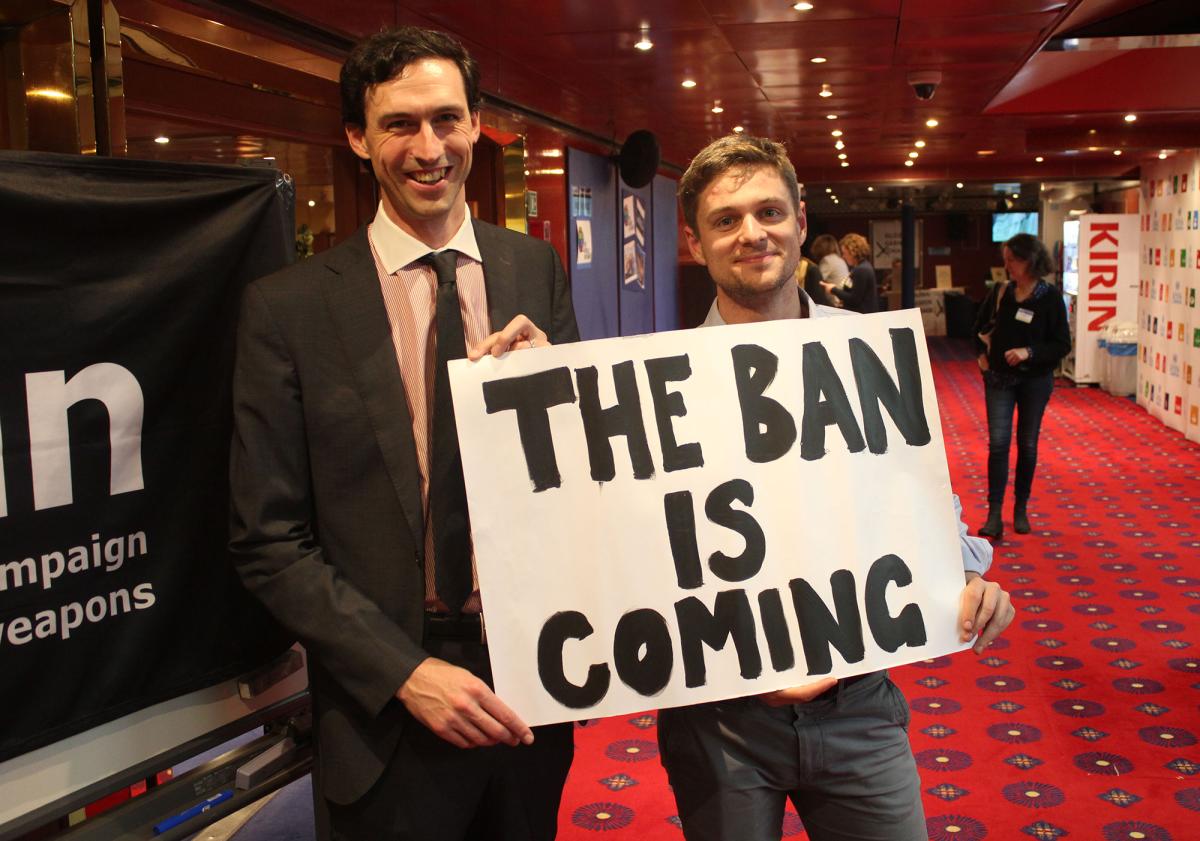
Since 2018, Welty and Bolton and several Pace students have been part of the New York Campaign to Abolish Nuclear Weapons (NYCAN), which successfully persuaded the New York City Council to pass historic local nuclear disarmament legislation. The 2021 bills reaffirmed the city’s status as a nuclear-weapons-free zone and called for both divestment of its pensions from companies involved in the production and maintenance of these weapons of mass destruction, and for the United States government to join the United Nations Treaty on the Prohibition of Nuclear Weapons.
Contributing to this advocacy, Bolton co-authored a peer-reviewed article with Katherine Ketterer ‘20, a former political science student of Bolton’s, on ongoing radioactive contamination from nuclear weapons production in New York City. Ketterer was interested in disarmament issues and had internships with related organizations in the city, including the UN. She had coincidentally reached out to Bolton shortly after she graduated, wanting to continue her research, and it was a green light to work together.
In September 2023, Bolton was appointed by New York City Council Speaker Adrienne Adams to be a member of the city’s Nuclear Weapons Free Zone and Nuclear Disarmament Committee, created by the new legislation.
“I feel very humbled and want to thank Speaker Adams for this appointment,” he said. “As an academic who has not worked in government before, this is an interesting opportunity to understand more about local government and help the city that I love being a part of address this important issue.”
Opportunities for Pace students to be change-makers and even peace makers (“pace,” translated from the Italian is, after all “peace”) are seemingly endless, inside and outside of the classroom.
“I am so proud of our Pace students, who have a grasp of this issue that certainly exceeds what either Matthew or I had at their age,” said Welty. “It’s also a testament to their goodwill, dedication, and curiosity, that they have really showed a lot of enthusiasm.”
In Bolton’s words, “We have the capacity to shake things up.”
Dyson Digital Digest: Winter 2024
In the Dyson College of Arts and Sciences, hands-on learning isn’t reserved solely for the science labs and art studios. Pace’s experiential approach to the humanities builds on the University’s long-standing commitment to undergraduate research and civic engagement.
Through a Provost’s Office Summer Research Grant, Lulu Moquete ’24, Mathematics, guided by her faculty mentor Emilio Fernández, PhD, stepped out of her academic comfort zone to analyze the cultural and sociological effects of colonialism on the Dominican diaspora.
Dyson College of Arts and Sciences Advisory Board Member and alumnus Paul Ryan ’86, Literature and Communications, was named the executive producer for NBC’s long-running news show Dateline. In this role, Ryan will oversee the broadcast, streaming, and podcast entities associated with the brand.
